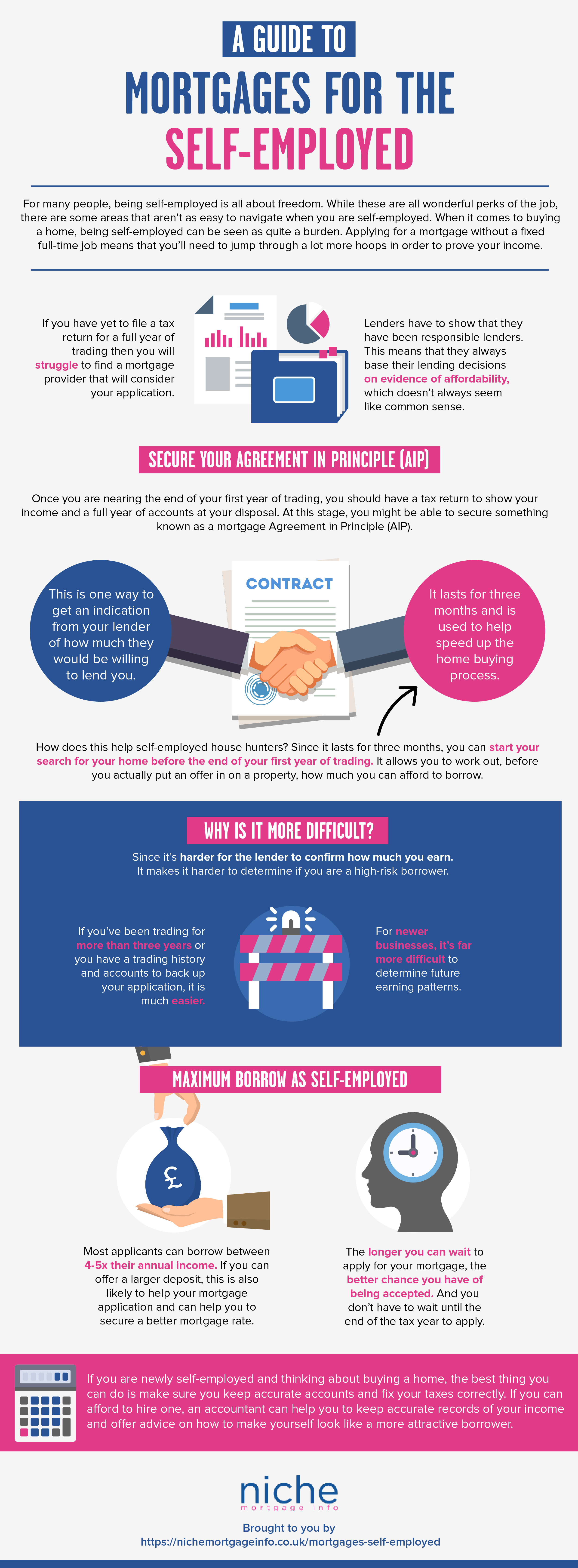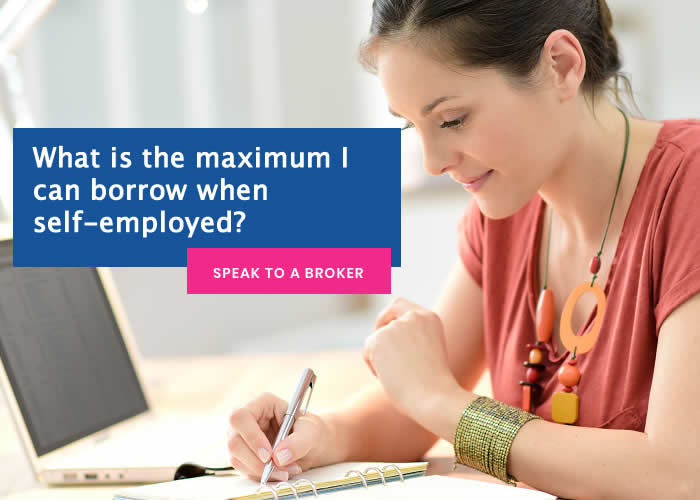Can a self-employed person get a mortgage?
Before the financial crash of 2008 and the subsequent Mortgage Market Review, it was a lot easier for the self-employed to secure a mortgage. Self-employed individuals could use something known as a self-certification system to let lenders know how much they earned.
They could simply state their self-employed earnings and lenders would believe them without asking for proof. Unfortunately, this led to some people inflating their earnings in order to borrow more money.
Abuse of this system was one of the reasons for the credit crunch, which is why this type of mortgage was outlawed following the Mortgage Market Review. It’s still possible to get a mortgage while self-employed, but it is certainly more difficult than it was in the past.
What is a self-employed mortgage?
There is no such thing as a self-employed mortgage. Once you have passed the checks for a mortgage, you will have access to the same products and services as any other borrower. What is different about the lending process for the self-employed is how you prove your income.
When you are self-employed, you are responsible for your own taxes. When you submit your tax return, you will be given a SA302 form. This outlines your income for the tax period and is used by mortgage providers to determine affordability.
How do I prove my income?
Those in full-time employment have a fairly easy ride when it comes to proving their income. They simply need to show three month's worth of pay slips. The self-employed can sometimes be asked to share three year’s worth of accounts. This all depends on the individual lender.
Some lenders are more comfortable working with the self-employed and will ask for just one or two year’s worth of accounts. Some will even allow you to submit just 9 months of accounts if you have an accountant.
You can also provide evidence of earnings through things like work contracts or supplier contracts. For example, if you are a builder, showing that you have future work in the pipeline can help to bolster your application.
What else do I need to do?
Just like any other mortgage application, you will also need to ensure your credit score is strong. Show that you are responsible with money and try to avoid getting any CCJs. Staying within 50% of your total credit limit every month can also help to strengthen your case.
If you can save a larger deposit, this can also help your application. There are two ways you can do this. You can either wait longer before submitting your application and save money in the meantime. Or you can look for a property with a lower value. By choosing a lower value property, you might be compromising on certain aspects, but it can reduce the amount of loan to value you are applying for.
What if I am rejected?
If you are rejected by one lender, don’t despair! All lenders are different and it doesn't mean you cannot secure a mortgage. Get in touch with our specialist brokers to find out which lenders are best suited to your circumstances and how to boost your chances of securing a mortgage while self-employed.



